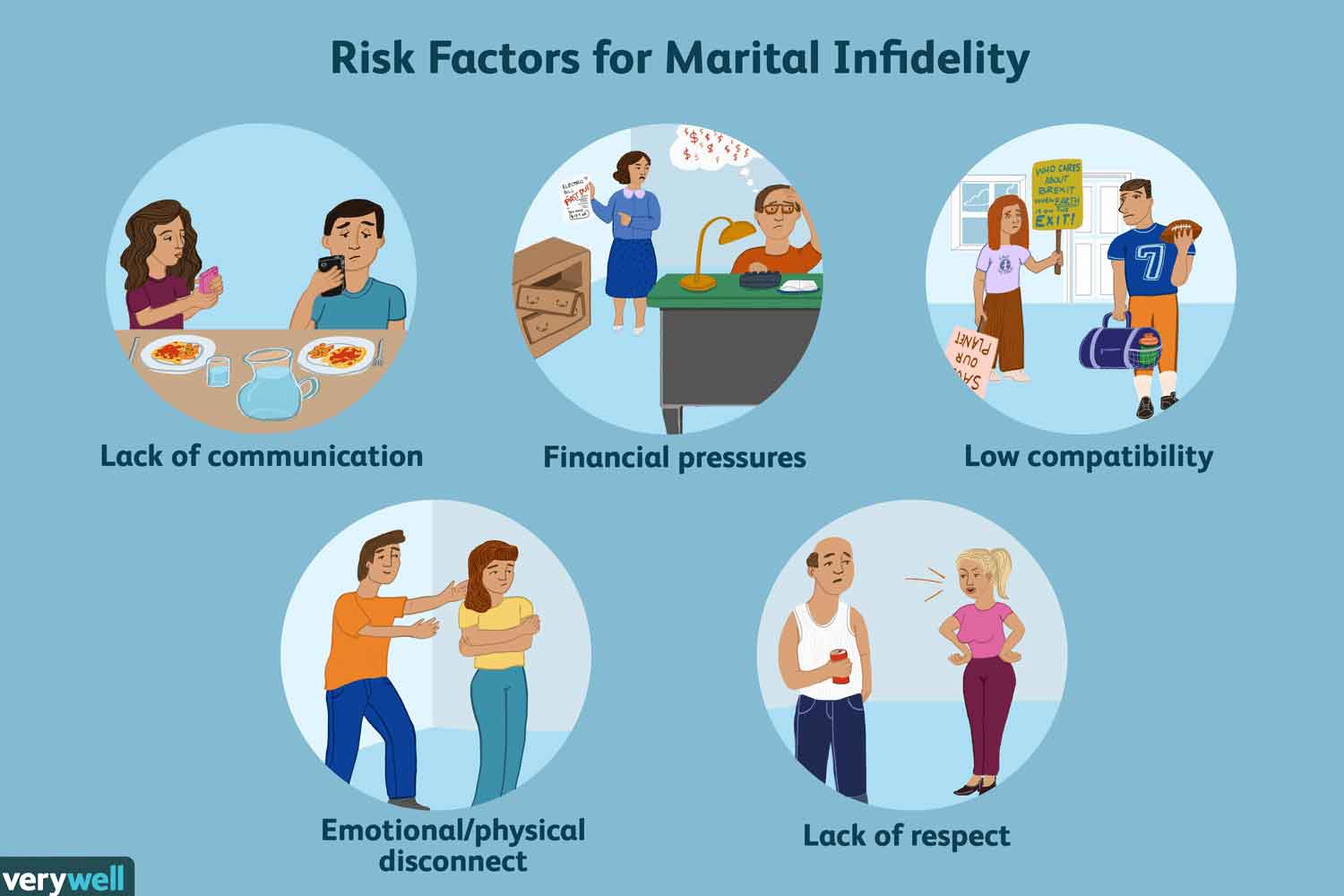Cheating is a complex behavior that can be motivated by a variety of factors, both psychological and situational. Some of the most common motives for cheating include:
1. Low self-esteem:
People with low self-esteem may be more likely to cheat as a way to feel better about themselves. They may seek validation from others, or they may try to prove to themselves that they are desirable.
2. Unfulfilled needs:
People who are not getting their emotional or physical needs met in their relationship may be more likely to cheat. They may be looking for someone who can provide them with the attention, affection, or intimacy that they are missing.
3. Boredom:
People who are bored in their relationship may be more likely to cheat as a way to spice things up. They may be looking for excitement or novelty, or they may be trying to escape from the monotony of their relationship.
4. Revenge:
People who are angry or hurt by their partner may cheat as a way to get revenge. They may feel that they have been wronged, and they may want to hurt their partner back.
5. Addiction:
People who are addicted to sex or attention may be more likely to cheat. They may be unable to control their urges, and they may engage in risky behaviors without thinking about the consequences.
In addition to these individual motives, there are also a number of situational factors that can contribute to cheating. These include:
- Lack of communication: Couples who do not communicate effectively are more likely to have problems in their relationship, including cheating. If partners are not able to talk about their needs and expectations, they may be more likely to seek satisfaction outside of the relationship.
- Differing values: Couples who have different values about fidelity or monogamy may be more likely to cheat. For example, someone who believes that cheating is always wrong may be more likely to be hurt by it than someone who believes that it is sometimes justified.
- Stress: People who are under a lot of stress may be more likely to cheat. Stress can lead to poor decision-making, and it can also make people feel more vulnerable and needy.
- Opportunity: People who are more easily tempted by opportunities for cheating may be more likely to do it. This could include people who are frequently around other attractive people, or people who have access to social media or dating apps.
If you are considering cheating on your partner, it is important to think about the reasons why you are doing it. Are you trying to fill a void in your relationship? Are you seeking revenge? Are you simply bored? Once you understand your motives, you can start to address the underlying issues.
If you have already cheated on your partner, it is important to come clean and be honest with them. This will be difficult, but it is the first step towards rebuilding trust. You also need to be prepared to answer their questions and to take responsibility for your actions.
Cheating can be a very painful experience for both partners. If you are struggling with infidelity, it is important to seek professional help. A therapist can help you to understand your motives, to deal with the guilt and shame, and to rebuild your relationship.
Here are some additional tips for addressing the motives and factors behind cheating in relationships:
- Communicate openly and honestly with your partner. Talk about your needs and expectations, and be willing to listen to theirs.
- Be willing to compromise. No relationship is perfect, and there will be times when you need to compromise.
- Work on building trust. Trust is essential for a healthy relationship, and it takes time and effort to build.
- Be patient. It takes time to heal from infidelity, and there will be setbacks along the way.
If you are struggling with infidelity, it is important to remember that you are not alone. There are many resources available to help you, and you can get through this.
